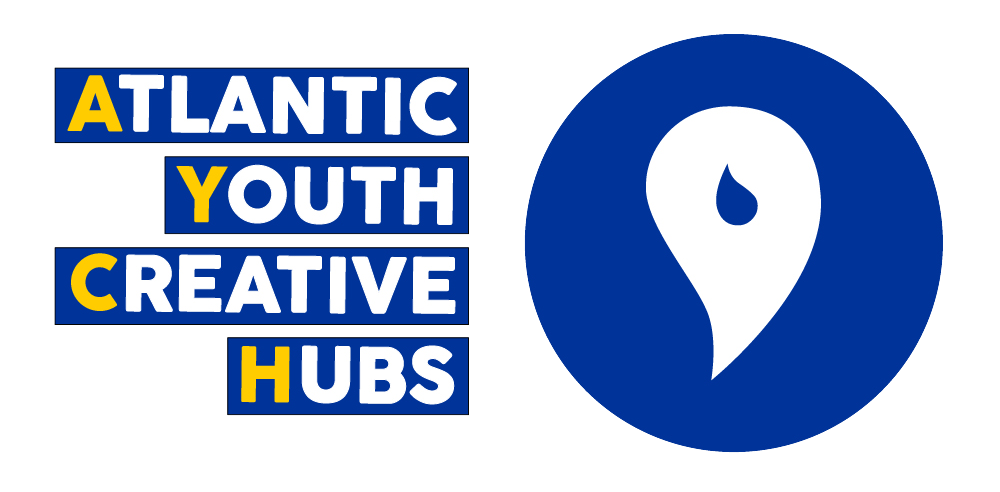Ceci est une ancienne révision du document !
Design cabinet toolkits - capitalising tools
A lot of things have already been written on toolkits. Here are some inspiring projects explaining the background of AYCH toolkits. There is also a presentation of the methodologies used.
They take the form of a website with resources in .pdf (user manual and sheets and contents to print). This can be a source of inspiration. Or, on the contrary, a path not to follow, concerning the final form of the project.
Some examples :
* The Circular Design Guide , meeting between the firm IDEO and the Ellen MacArthur Foundation. It is an application of Design Thinking to the circular economy. As often, we find a global schema describing the method, resources to apply this method, case studies. * The Collective Action Tool Kit (pdf here) is for an audience non-professional, typically NGOs. It is not linear but proposes a series of activities synthesized in a notebook. Other link right here. By the firm frog. * Design Thinking for Educator by IDEO, a toolkit for primary school teachers, with as often a schema of the method and a notebook in pdf. * Design Kit: The Human-Centered Design Toolkit , project from IDEO.org, the “non-profit” of the IDEO firm: “At IDEO.org, we design products, services, and experiences to improve the lives of people in poor and vulnerable communities.” The site in him -Even presents the method and tools specific to user-centered design (note: almost the same as D.thinking), case study and proposes different types of resource): * The traditional pdf summary available in several languages * Links to online courses, in partnership with Acumen +. There is a general course and thematic courses to become a facilitator or to learn how to prototype. * A card game that you can buy on Kickstarter and that synthesizes all the tools of user centered design
Thoughts: a website with .pdf resources implies that the user (s) is sufficiently autonomous. Users can be people who want to learn or develop a project, or people who want to use the methods and tools of D.thinking (or other) in a broader context (project management, teaching, etc.). I am not convinced that this is suitable for many people: person-to-person transmission is essential in this type of initiative. Example to support my words: the “fall” of Mooc for lack of human commitment; Simply: can you imagine a fablab without fabmanager, without a facilitator and with only the machines and documents to use them? The role of a trainer is paramount.



